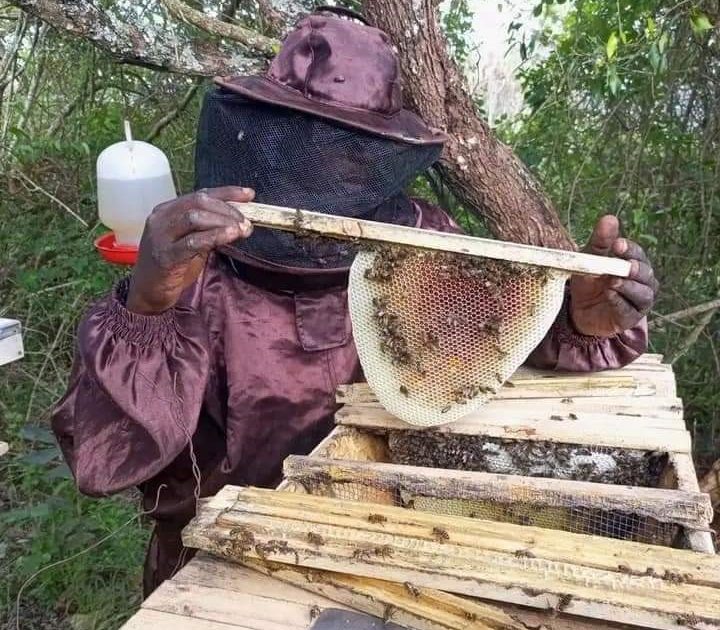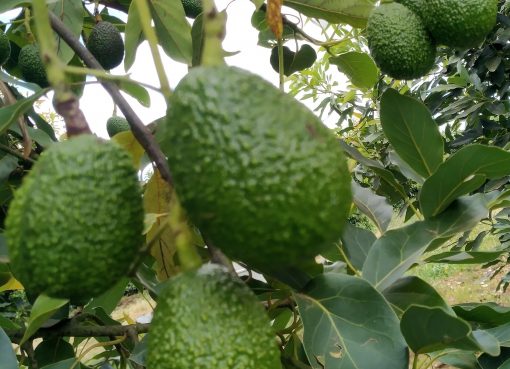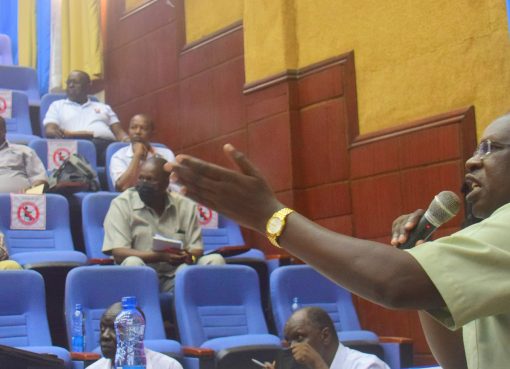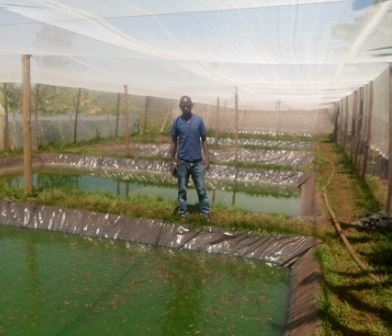Pastoralists in Kajiado County have been urged to embrace beekeeping as an alternative source of livelihood to combat the adverse effects of climate change.
Speaking at a sensitisation forum on beekeeping, Kajiado County Executive Committee Member for Livestock and Agriculture Jacktone Achola noted that there is a huge potential in the county for modern and commercial bee farming.
Achola revealed that the county government is encouraging farmers to embrace beekeeping by conducting training on how to make traditional hives from locally available materials, proper bee management, establishing colonies, and honey harvesting.
“Kajiado County has a lot of potential for honey production. We will support farmers to ensure that they reap maximum benefits from beekeeping,” he said.
The CECM said beekeeping is a profitable economic activity and appealed to locals to fully tap into the opportunity of producing quality honey since there is a ready market for the product.
He added that through beekeeping, farmers can sell products such as honey and beeswax to both local and international markets.
Ken Matampash, a beekeeper and the Director of the Neighbours Initiative Alliance (NIA), reiterated the need for pastoralists to embrace beekeeping as an alternative economic activity, adding that they had incurred massive losses during the recent drought witnessed in the county.
Matampash revealed that over 700,000 livestock were lost during the drought witnessed last year and added that it was high time locals embraced other sources of livelihood to avoid the recurrence of the same.
“Climate change necessitates a shift in livestock keeping as an economic activity. Diminished land sizes and erratic rainfall patterns have made it unsustainable for pastoralists to depend only on livestock keeping,” Matampash said.
Consumer Grassroots Association Executive Director Alice Kemunto, emphasised the importance of bees in the eco-system.
She noted that bees are fundamental for the health of ecosystems and food security as they help maintain biodiversity and ensure the production of nutritious food.
However, she said bees are drastically reducing in numbers as a result of the combined effects of climate change, intensive agriculture, pesticide use, biodiversity loss, and pollution, thus threatening global food and nutrition security.
“The use of chemicals in agriculture such as insecticides, herbicides, fungicides, and even antibiotics results in the deaths of bees and other pollinators. This threatens the biodiversity of our ecosystem and the survival of humanity,” Kemunto said.
Kemunto called for the adoption of agricultural production practices that are friendly to the bees to ensure that pollination, which is critical for increased agricultural production, is not threatened.
The beekeeping sensitization forum comes ahead of the World Bee Day, which is to be marked on May 20 in Kajiado County this year.
World Bee Day is observed on May 20 each year to draw attention to the essential role bees and other pollinators play in keeping people and the planet healthy.
It provides an opportunity for governments, organisations, civil society, and concerned citizens everywhere to promote actions that will protect and enhance pollinators and their habitats, improve their abundance and diversity, and support the sustainable development of beekeeping.
By Rop Janet





